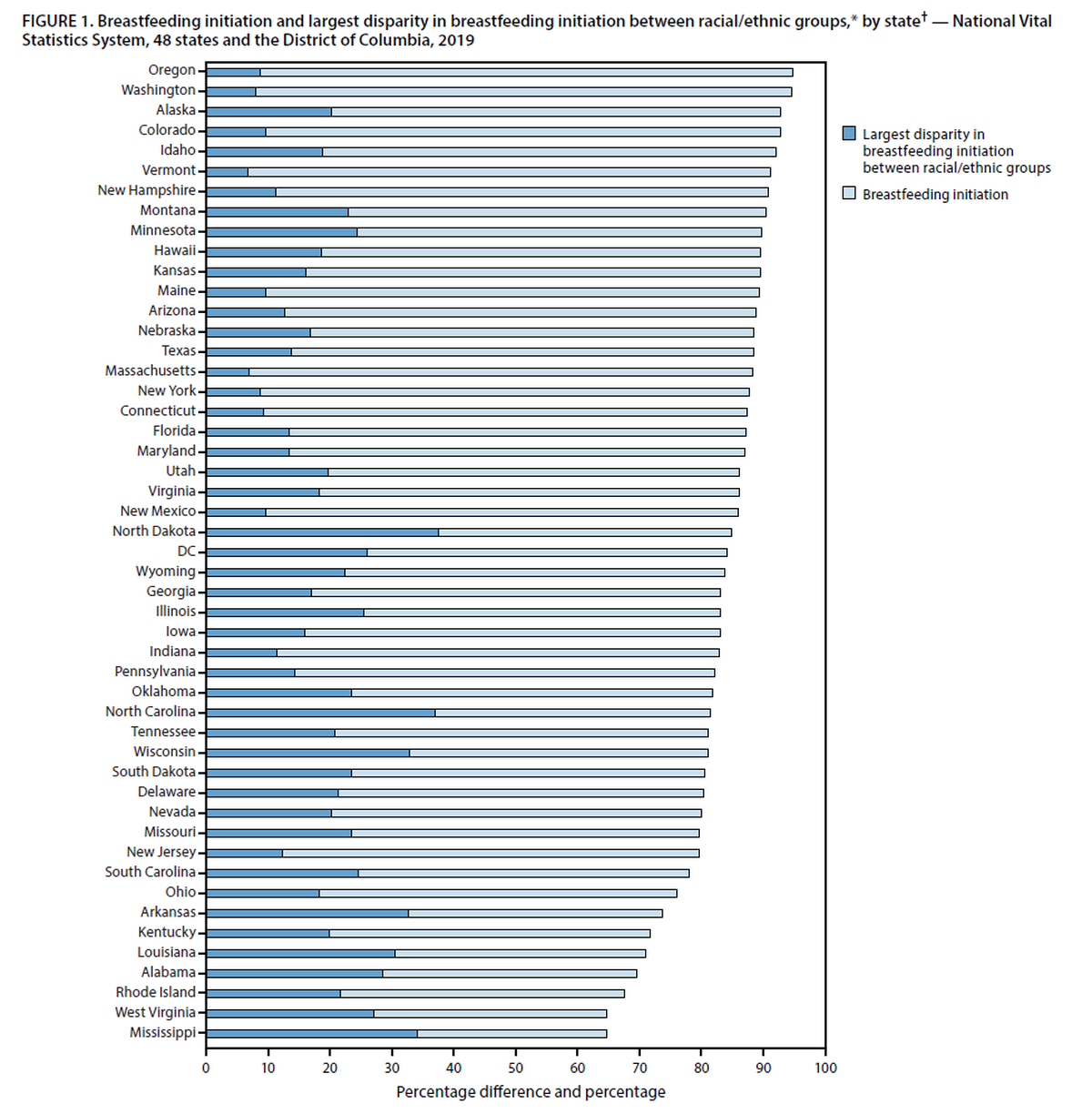When the Shades of Motherhood Network introduced the book “Child Feed That Baby, Don’t Worry About a Thang,” I was honored and endeared to be a part of telling this story. It is very personal to me, being a Black, breastfeeding mother from the 80’s. Breastfeeding offers numerous benefits for both mother and child, including improved health outcomes and emotional bonding. It is known to provide optimal nutrition and protection against various health issues, such as infections, obesity, and chronic conditions. However, the rates and experiences of breastfeeding can differ significantly among racial and ethnic groups. For Black mothers in the U.S., breastfeeding presents unique opportunities while also facing challenges shaped by historical, social, and economic factors. History tells us that breastfeeding in the Black maternal experience is a personal choice deeply woven into a broader socio-cultural context.
Black women have faced significant barriers to breastfeeding, dating back to historical trauma, when enslaved Black women were often forced to nurse their owners’ children, causing disruption in traditional breastfeeding practices within their own families. Wet nurses, as they were called, consequently deprived their own children of maternal care and nurturance. What this started was a cycle of health deprivation and further reinforced the exploitation of Black bodies and medical experimentation, used to advance the welfare of others while being forsaken the right of tending to the health needs of themselves and their families. To eat and to be able to feed your own child is a human instinct.
The betrayal and unethical treatment of Black people has led to a deep-seated mistrust of medical advice and practices. This strained relationship between Black people and the medical profession has been transferred through generations; the cultural trauma and lack of availability to tend to her own children has left Black mothers at a disadvantage through generations. Working for survival often meant that Black mother’s did not have the luxury of time with their children. Sacrificing one’s body to survive has also been a learned behavior over generations. Breastfeeding within the Black maternal experience has often played second fiddle due to maladaptive behaviors that stem from colonization.
Economic disparities and constraints and lack of medical advocacy can impact a mother’s ability to breastfeed, especially when returning to work shortly after childbirth is necessary. Access to lactation consultants, breastfeeding friendly workplaces, implicit bias, and limited community support can hinder breastfeeding efforts. Additional issues are the lack of healthcare and inadequate access and prenatal education, impacting breastfeeding initiation and duration.
Representation matters in spreading the message on the value of breastfeeding. When Black women are depicted in breastfeeding promotion campaigns, they tell a story that has not been familiar to many: that breastfeeding is a natural and feasible option for Black moms. This can also help normalize the experience in the Black community. This gives us hope to change the narrative. There are many resources for support and organizations aimed to support Black mothers in their breastfeeding journey. Compiling this information helps get the word out to new moms that it is our right and a part of our humanity to feed our children. Black Breastfeeding Week (BBFW) is an annual observance from August 25th through 31st, which celebrates Black breastfeeding, raises awareness, and provides resources. Visit their website at Blackbreastfeedingweek.org for more information. Expectant and new mother’s can learn more through the following resources:
The United States Breastfeeding Committee (USBC) provides advocacy and resources for breastfeeding support. You can explore their site at usbreastfeedig.org
Sista Sista Network focuses on supporting Black women with breastfeeding resources and community support. Learn more at sistasistanetwork.org.
Lastly, we have Shades of Motherhood Network, which helps women of color reclaim breastfeeding as a cultural and health practice with their amazing doulas. They help address the barriers that Black mothers face such as lack of support, healthcare access, and cultural barriers. They also collaborate with Kat from Wicked Roots, a local practicing herbalist and Full-Spectrum Doula for BIPOC moms.
Know this: breastfeeding is a vital aspect of maternal and infant health with profound benefits. It is a rite of passage that was not accessible without significant disruptions presented through cultural traumas enacted upon our foremothers. For Black mothers, this journey is influenced by systemic factors, but support and resources are available to help overcome these challenges. By acknowledging the unique experiences of Black mothers and providing targeted support, we can work towards equitable breastfeeding practices and improved health outcomes for all families.
For those of you who choose not to breastfeed, we know that it is a deeply personal decision, and it’s important to remember that your worth as a mother is not determined by how you feed your baby, but by the love, care, care, and support you provide. As a Black woman, you are navigating multifaceted challenges and expectations, but it’s essential to trust yourself and make the choice that is best for you and your baby.
So, to all you Black breastfeeding mothers, keep going with confidence and pride with your journey, it is a special time between you and your child, a time that we didn’t always have the privilege of dedicating to ourselves and our babies. Embrace the beauty of this bond building opportunity. Go ahead girl, feed that baby, don’t worry about a thang!
